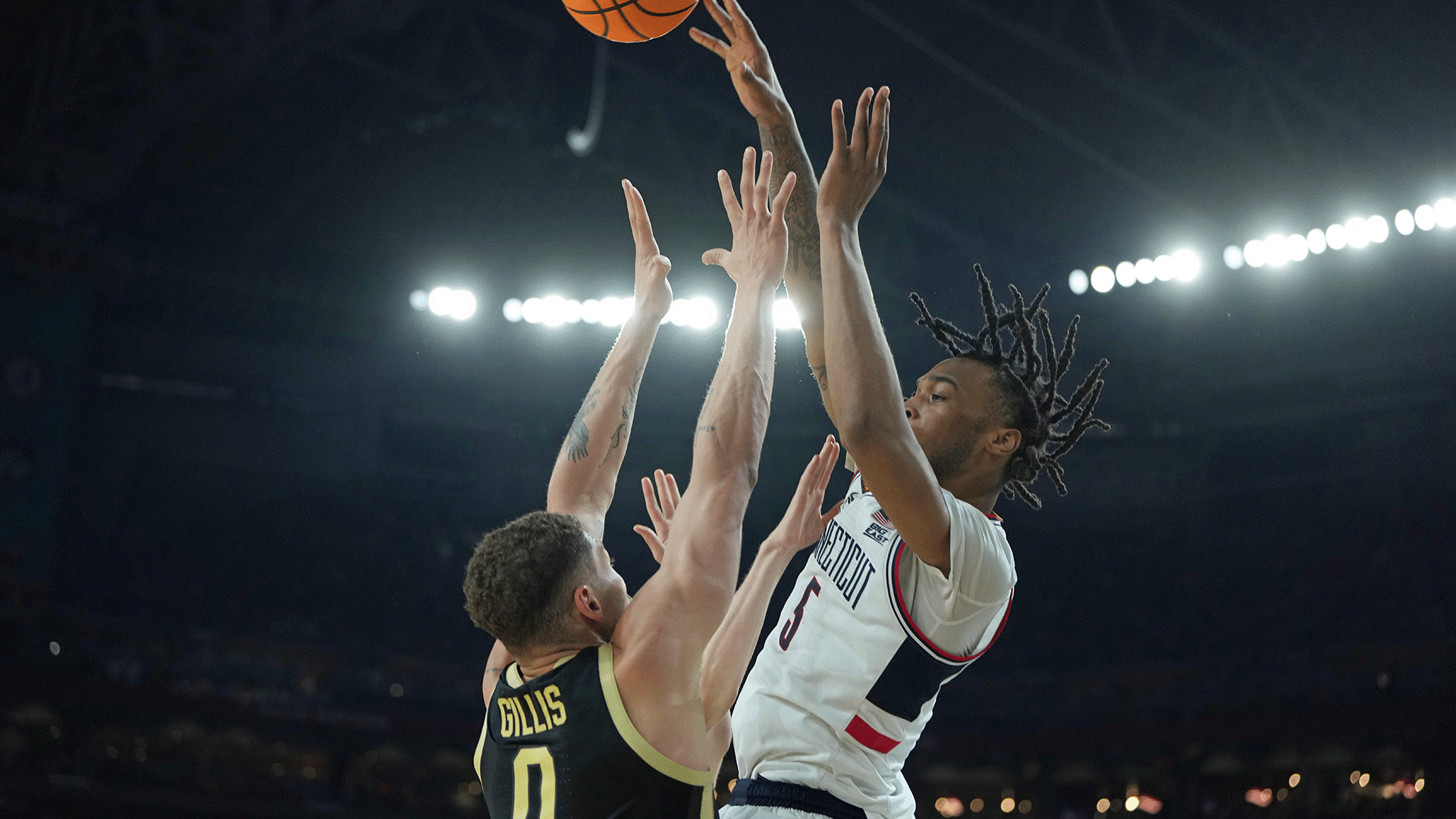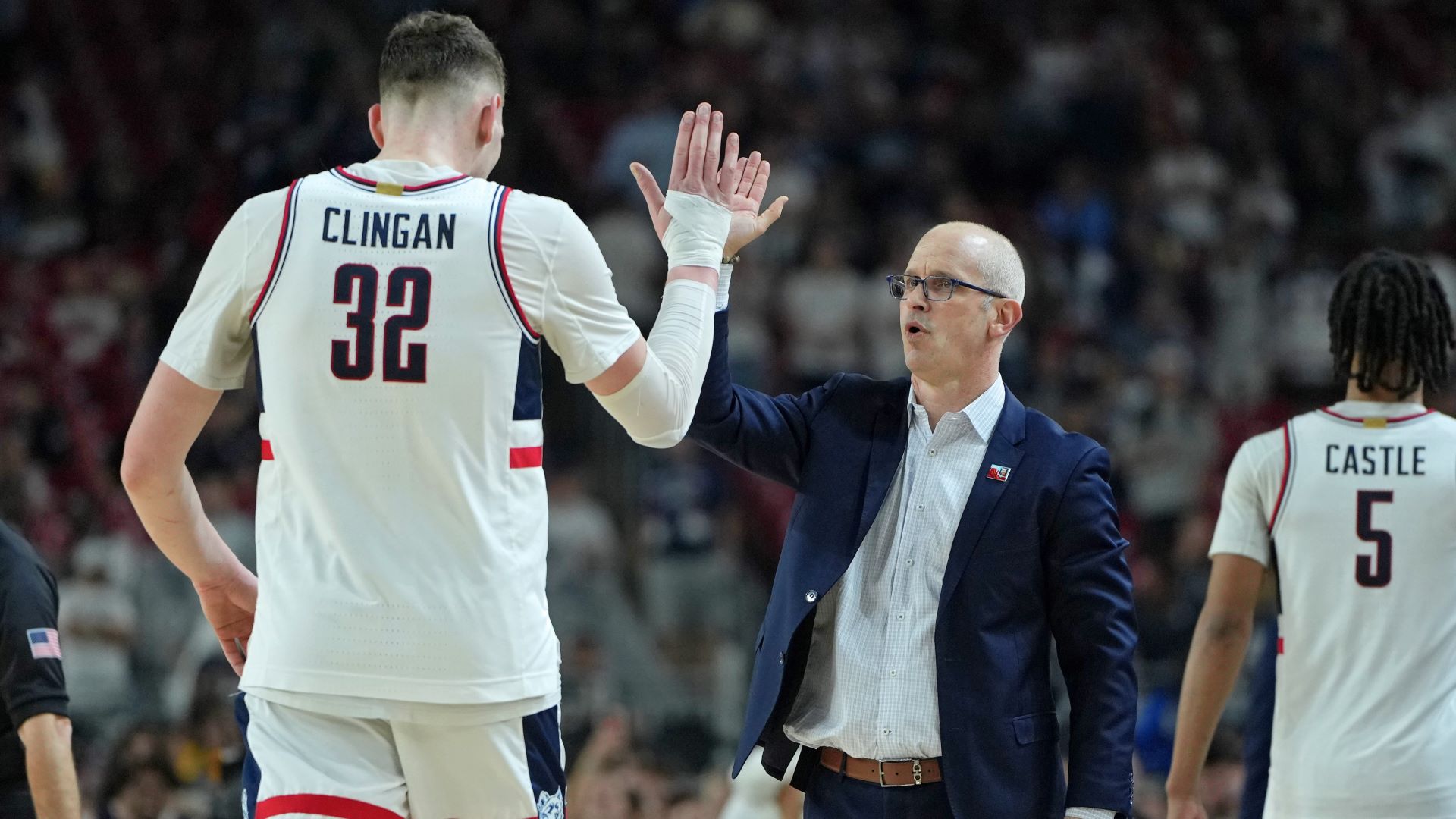Is it time to redefine the word “upset?”
March Madness has been especially “mad” this year: The 2018 NCAA Tournament already has seen a No. 16 seed beat a No. 1 seed for the first time ever and a No. 7 seed rally from 22 points down to oust a No. 2 seed. Only seven top-four seeds survived to reach the Sweet 16 — tied for the fewest ever — and the top four seeds from the South Region all have been eliminated.
What do we make of all this craziness? Are these upsets just another outlier, or is there a larger trend at work here? Florida State head coach Leonard Hamilton would be a good person to ask, as his No. 9-seed Seminoles stunned No. 1-seed Xavier with a 75-70 win Sunday night.
“I think what you see happening in college basketball, it’s almost like a revolution,” Hamilton said after the game, via ESPN.com. “What happens is, you start categorizing people by the reputation that their players get going into college. But in reality, kids are playing basketball all over the country and teams are getting better.
“Just because maybe they might not be in one particular conference or maybe they’re not considered to be one of the more traditional rich schools, people are playing basketball. …
“I don’t think at this level you can really call them ‘upsets.’ ”
Hamilton’s basic point is this: The gap is closing — and may already have closed — between traditional basketball powerhouses and the rest of the field. While blue bloods like North Carolina, Duke and Villanova still are winning national titles, unheralded teams like UMBC and Loyola-Chicago no longer view their odds as insurmountable and are making early-round games more competitive.
That parity doesn’t just apply to “mid-majors,” as traditionally weaker basketball schools in the Power 5 conferences have enjoyed increasing success: Florida State and Texas A&M, which stunned No. 2 seed UNC on Sunday, both are in this year’s Sweet 16.
There’s another factor to consider, of course: A single-game elimination format means a less talented team can score an “upset” simply by getting hot at the right moment. The Seminoles did just that, storming back from a double-digit deficit in the second half to down the Musketeers.
“See, sometimes the team that’s the most talented might not necessarily win the game,” Hamilton added. “It’s the team that’s playing well at that particular time.”
Hamilton’s theory also would explain why Cinderellas rarely win national titles — it’s hard to overachieve game after game, especially against improved competition. But let this year’s tournament serve as proof: In the early rounds, all bets are off.





